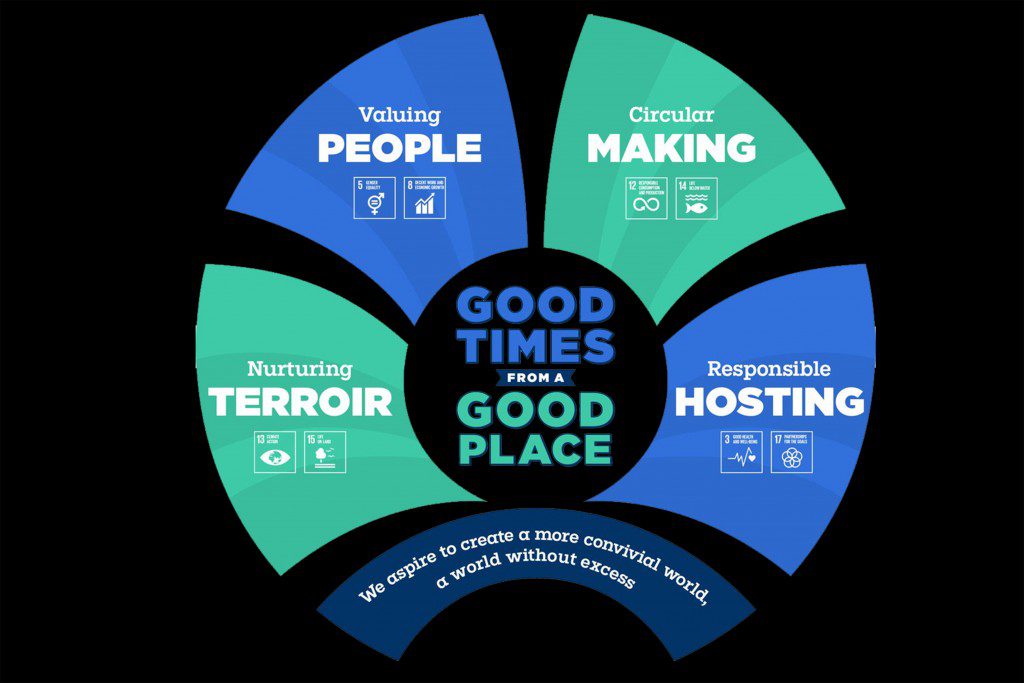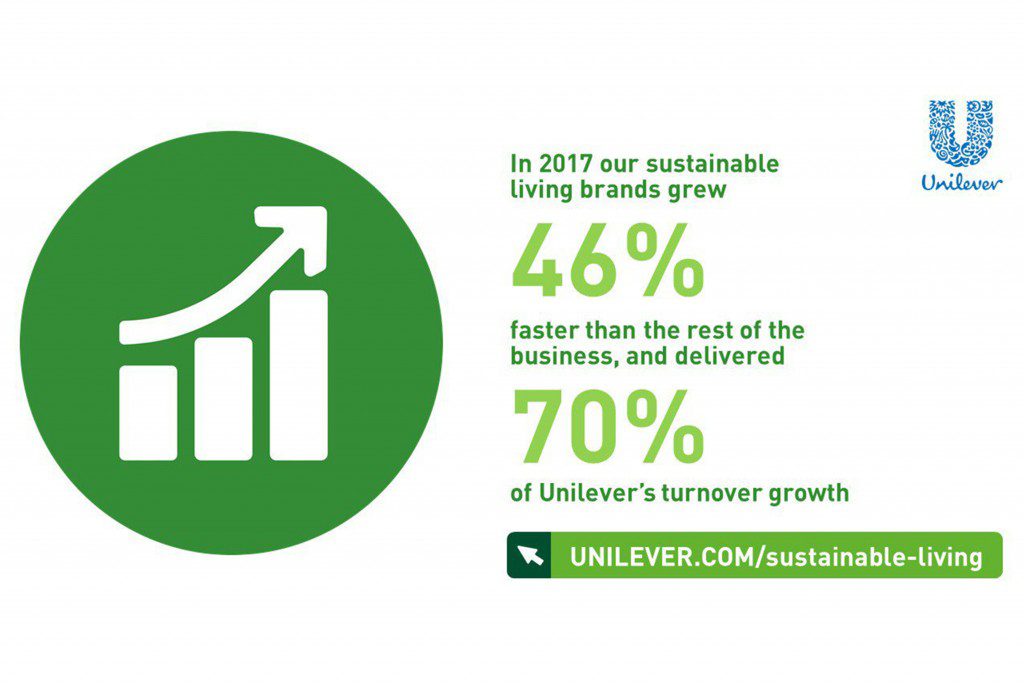The Major Corporates Getting It Right on Sustainability
Sustainability initiatives are dominating headlines and social media for the first time;
consumers are demanding more, and forward-thinking companies are starting to shift their business models accordingly.
Last year, Oxfam found that the world’s richest 10% produce half of all carbon emissions while the poorest 3.5billion produce just a tenth. Those least responsible are the most vulnerable to the effects of climate change. Whilst efforts by individuals to recycle their household waste or ditch their diesel cars contribute immensely to creating traction, the biggest impact stands to be made by corporations. According to the 2017 Carbon Majors Report, 100 companies are accountable for 71 percent of global climate emissions. If we want to see lasting, effective change, corporations must acknowledge the damaging effects of their supply chains and change their operational methods. Conscious consumers are growing in number and demanding more – meaning that sustainable business not only makes environmental sense, but is commercially savvy, too.
So, which corporates are leading the pack?
“According to the 2017 Carbon Majors Report, 100 companies are accountable for 71 percent of global climate emissions.”
To Pernod Ricard sustainability is about
Their ‘Good Times from a Good Place’ plan he revealed at the beginning of April. This outlines the drinks giant’s commitment to support the UN’s Sustainable Development Goals. The focus is fourfold: nurture terroir, value people, implement circular manufacturing, as well as responsible hosting. They have committed to developing packaging that is 100% recyclable, reusable or compostable by 2025, along with having a balanced gender-split in their management team and halving their carbon footprint by 2030.
One of Pernod Ricard’s largest investors, Blackrock Asset Management, is driving a push for sustainability. They publish the environmental, social and governance ratings of companies within their investment portfolio, intended to encourage a culture of continuous improvement. Vanessa Wright, VP of sustainability and responsibility for Pernod Ricard, has underlined the benefits of sustainability innovation and resilience within business. Even the most simple ecocentric initiatives are commercially effective – altering transport system to allow the company to reduce the weight of glass bottles not only reduces their CO2 footprint, but creates a tidy saving in their margins.
Brands embracing social and environmental responsibility also see far better consumer reception to marketing campaigns. Sustainability has played a huge part in the recent growth in Unilever’s FMCG empire. Their top six performing brands, including Dove, are all part of the group’s 26 sustainables, and contributed to a 79% increase in turnover in 2017.

To Unilever sustainability is about
Their Sustainable Living Plan which tackles the assumption that commercial success is preserving the environment are two mutually exclusive concepts. They are currently on their way to achieving 80% of their internal sustainability targets, a huge success for an operation of their size. Unilever has clearly recognised that their commitment to reducing their environmental impact and improving the livelihoods of its millions of employees, suppliers and retailers is vital in projecting a positive image to consumers, and that sales will clearly follow.
One of the ways they are achieving these goals is by using blockchain. Designed primarily for cryptocurrencies, this technology allows shared access to data which a network of computers can trace instantly to the many parties required for the mass production and distribution of FMCGs. Other global companies such as Nestlé and Walmart are also harnessing tech to enhance transparency and traceability in food, helping fair trade producers in the long-term. Transparency inspires trust amongst consumers – a business’s most important asset, according to Paul Polman, Unilever’s chief executive.

Sustainability is for Schneider Electric who say
We’re on course to reach a global population of 9 billion by 2020, and without our energy providers doing their bit to help ameliorate our drain on resources, sustainable living is an impossible dream.
French company Schneider Electric has an ambitious approach to renewable energy — they’re committed to delivering sustainable solutions in a carbon-neutral supply chain. Their “EcoStruxure Energy and Sustainability Services” are helping their clients to consume less, and are on track to help their customers reduce CO2 emissions by 100 million metric tons.
Crucially, Schneider Electric has seen a 25% increase in turnover so far through these services, winning the World Economic Forum’s Award for Best Circular Economy Multinational. Their success has been achieved by using recycled and recyclable materials in their products, as well as leasing and providing pay-per-use options for customers. These circular initiatives have successfully increased the lifespan of their products, and, coupled with take-back schemes, account for 12% of total revenue, demonstrating the commercial advantages of putting sustainability at the heart of business strategy and making it more than just a marketing gimmick.
It’s undeniable that transparency and social conscience are crucial to business success. Behaviours and consumption are changing: companies that recognise and implement this in their strategy are reaping the benefits.
